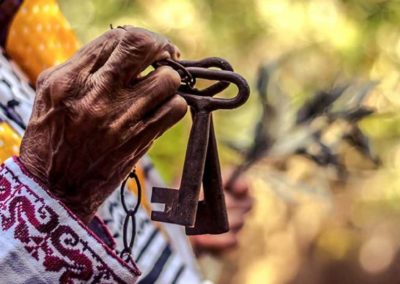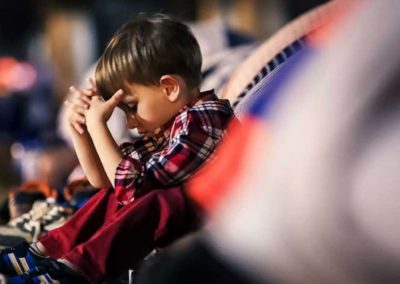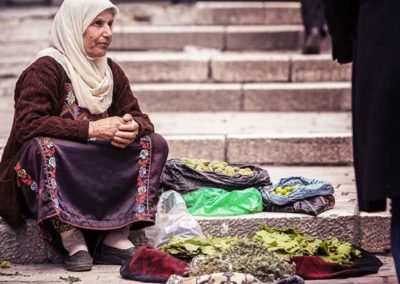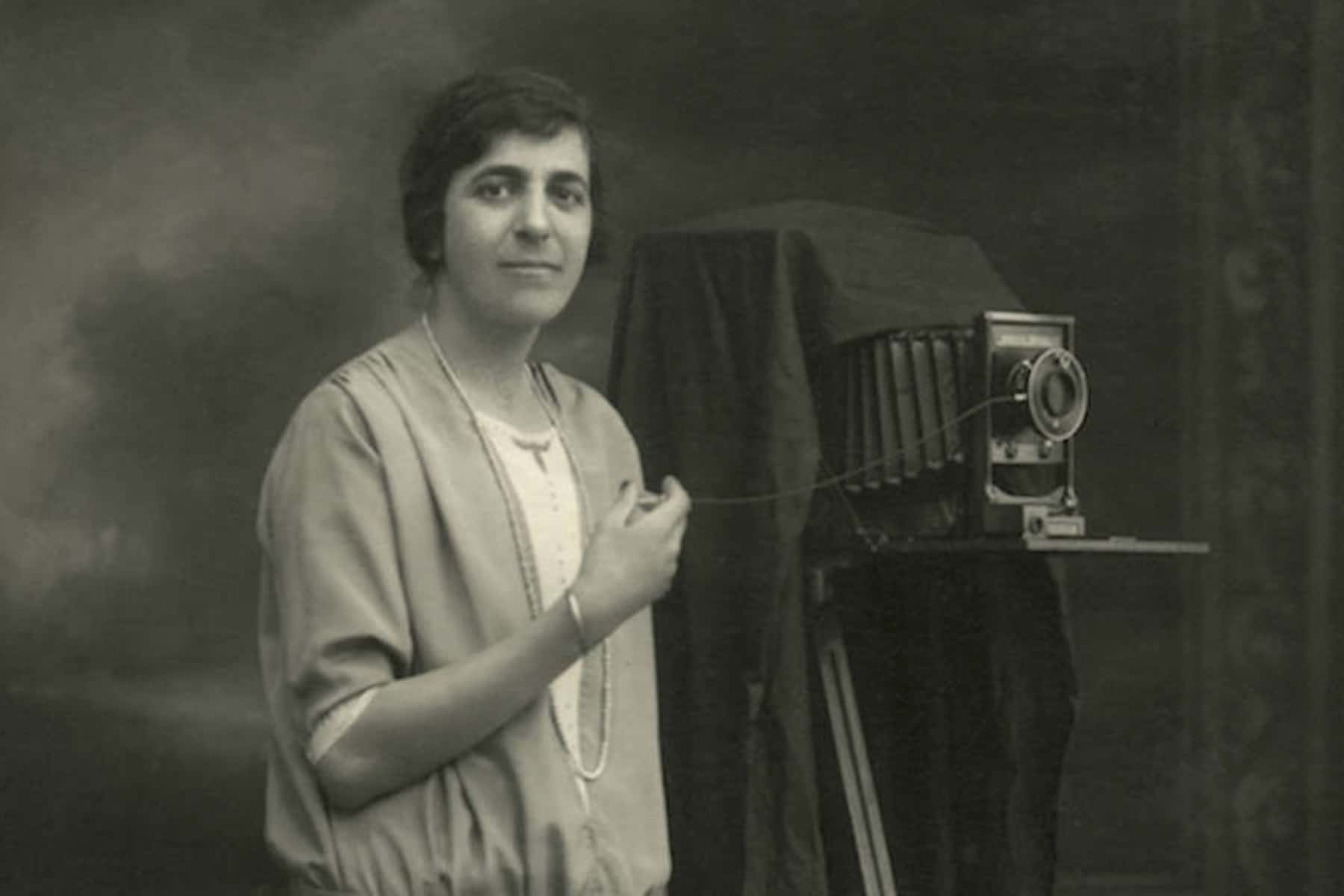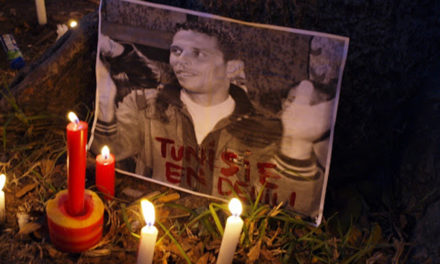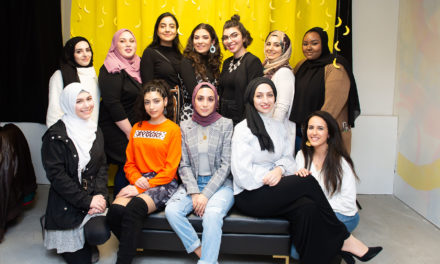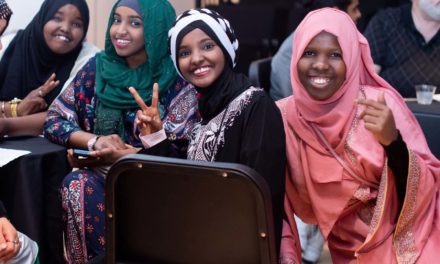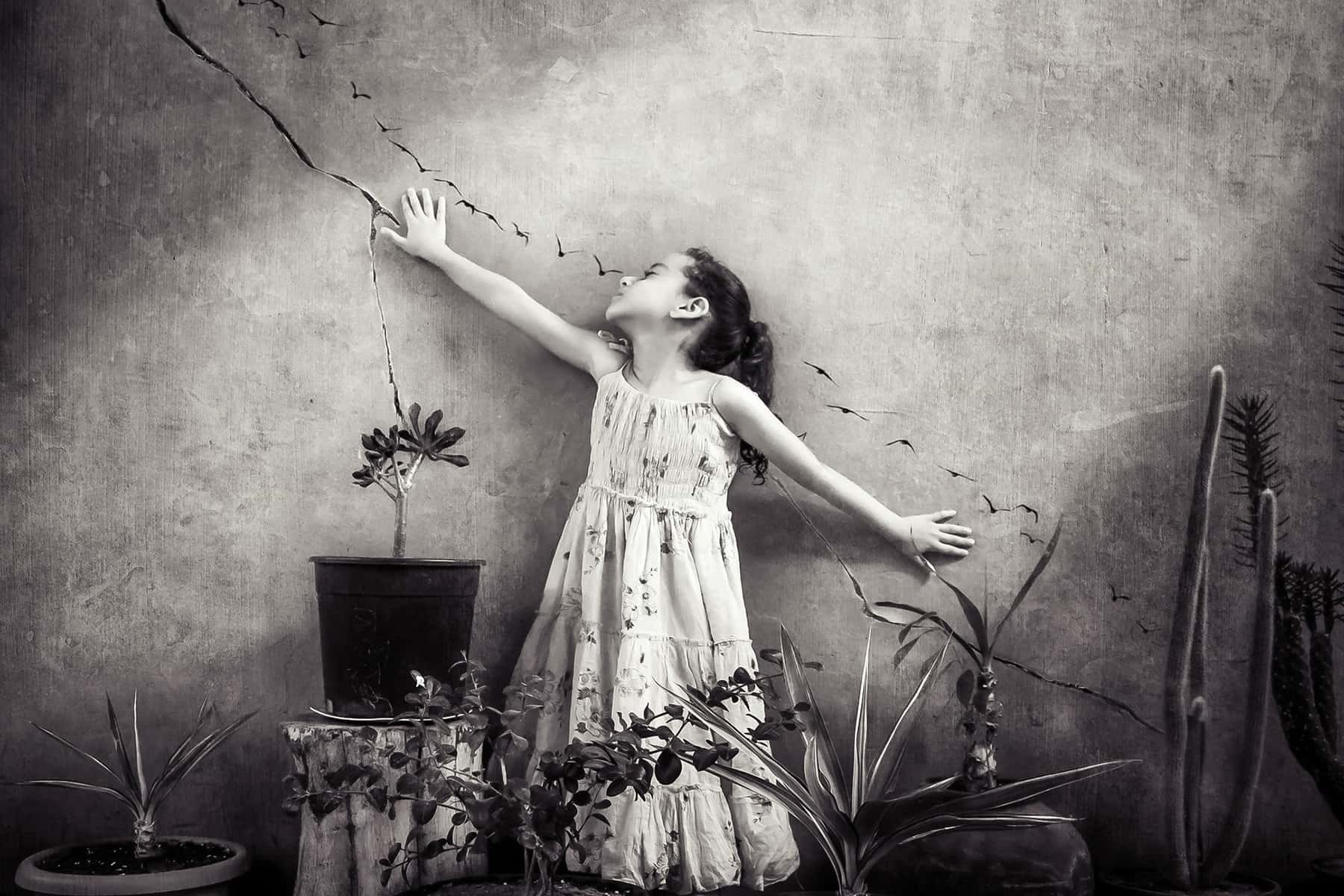
The “Palestine: Unlimited” exhibition was derived from an initiative by Dar Al Kalima University College of Arts and Culture in Bethlehem, to honor the work and efforts by legendary photographer Karimeh Abboud, who used the emerging technology of photography to change perceptions.
The school called for the best young photographers of Palestine to share interpretations of their country and its people. Images from the ten finalists were collected for international display, to help the global community experience Palestine as it really is.
Before the British Mandate, passports of Palestinian women did not include personal identification photos. In order to confirm the identity of a woman passport holder, officers used to simply call out the woman’s name and that of her husband, or of her father if she was single.
After photography was discovered with the invention of the daguerreotype in 1839 and became an enormously significant manifestation of modernity, it spread across the Arab cities in the second half of the nineteenth century.
At that time, the Middle East and Palestine were among the most photographed regions worldwide, as photographers from around the world came to visit and document this area that abounded with picturesque scenes, and Ottoman photographers delighted in taking photos of the sultan and his military officials.
The first school of photography in the Arab world was established in Jerusalem in the 1860s, however, it was almost entirely monopolized by men until Karimeh Abboud broke the norm.
Karimeh was born in Bethlehem in 1893, to a family of Lebanese descent. She started to engage in photography in 1913, after her father had given her a camera for her 17th birthday, and she began to take photos of natural scenery, cities, historical monuments, family members, and friends.
Karimeh passed away in 1940, but she remains among the most important personalities to bring about change in the field of photography in Palestine. She focused on Palestinian and Arab women in her images and helped to change perceptions by showing that Palestinians were not simply nomads living in tents. She dared to break stereotypes in the Middle East.
